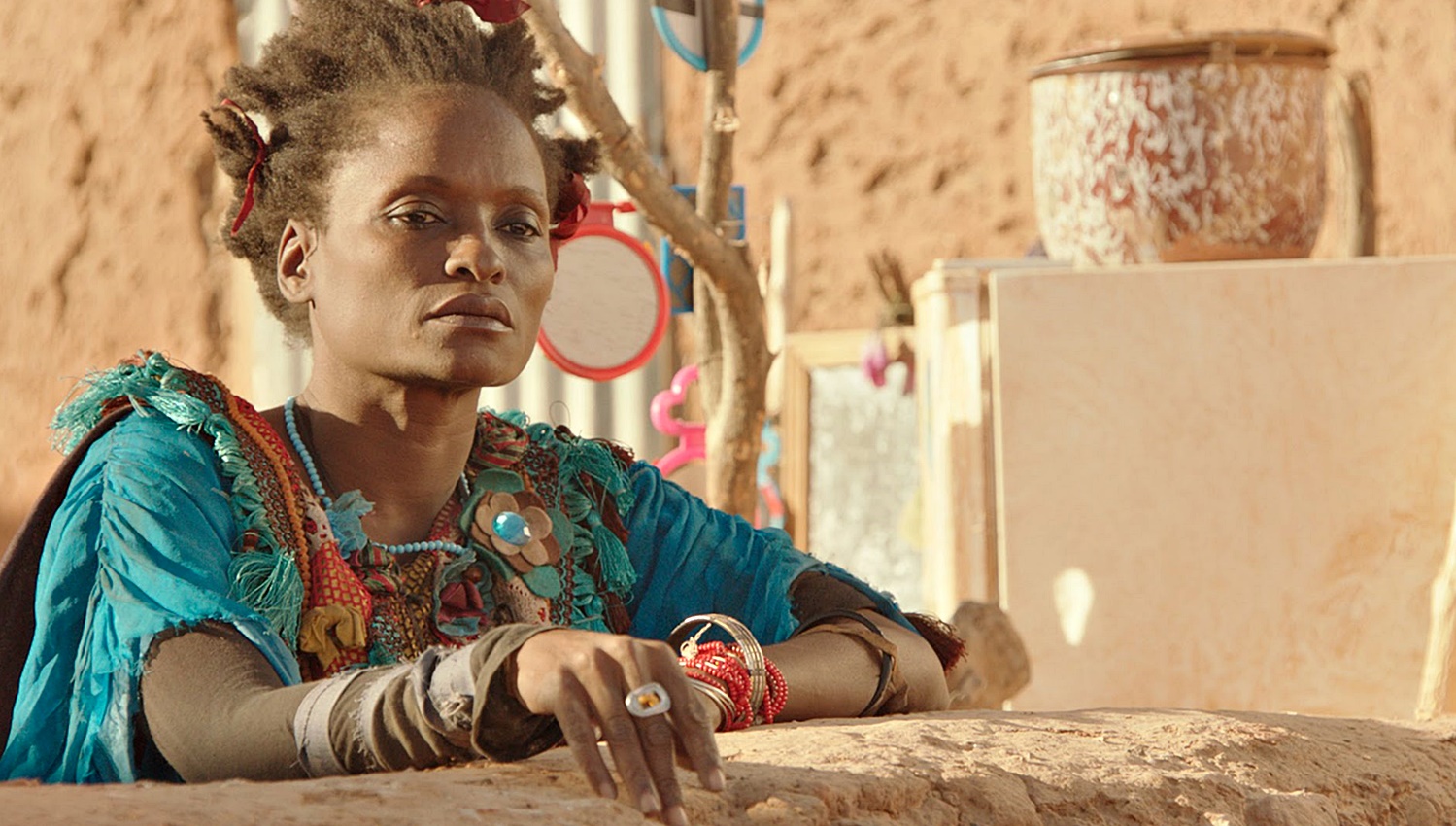
Timbuktu
Dustin Chase
Mauritania is a country in West Africa with about 3 million people. This is Mauritania’s first time submitting a film to the Academy Awards foreign language category and obviously their first nomination. However this isn’t director Abderrahmane Sissako’s first time with an award winning film, in 2002 he also was singled out at the Cannes film festival for Waiting for Happiness. Timbuktu looks and feels like a narrative documentary the way we almost always see full or wide shots that depict the life in the dunes. We are introduced to radical Jihad customs that ban everything from music to women’s bare hands.
A cattle herder, living far outside the village ponders with his wife and their young daughter what will become of them. The rest of their small village have moved closer to land, and while typically undisturbed by the Jihad, the cattle herder has let his temper get the better of him while arguing over one of his cow’s that has been killed. GPS was a beloved cow, not just one of the herd but especially meaningful to the young boy who shepherded over the herd for the family. This one dead cow will now change the lives of this family forever.
It never explains why music is so offensive in the culture, so many questions raised but never explored.
Having seen the other four foreign film nominees and a few of the contenders that were not nominated, I am a little baffled at how this slow paced uninviting film could land in the 5th slot. Sure it provides a look into Timbuktu and the oppression these quant people endure but it does so without urgency or cinematic energy. Often you sit waiting for a simple conversation that will allow the next scene to come, but it takes a precious amount of screen time. Sissako’s is in no rush to tell this story, which boils down to a cow named GPS.
The performances don’t stand out particularly because the arguable protagonists of the film share nearly equal screen time with the townspeople and the Jihadists who do not have a real narrative in the film. Until the cattle herder seeks revenge for the death of the cow, I wasn’t sure if Timbuktu had a purpose beyond just exploring the daily lives of citizens of Timbuktu. I wanted to know why the colorful lady laughed like a hyena every time she petted a chicken, or where she got that refrigerator. It never explains why music is so offensive in the culture, so many questions raised but never explored.
Final Thought
The least impressive of the five best foreign language nominees.
